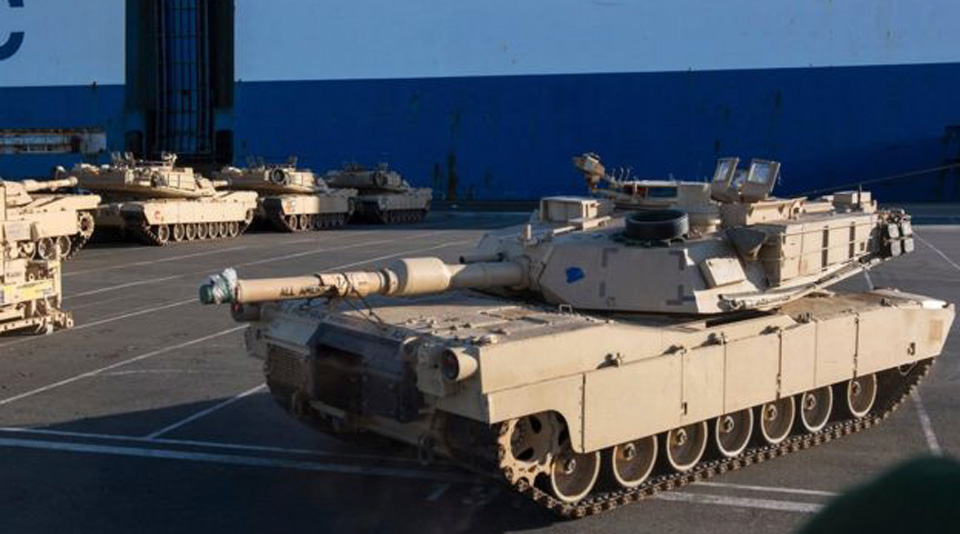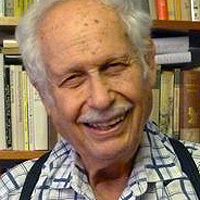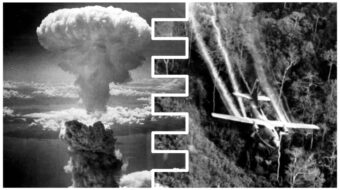
BERLIN, Germany – Hit that old song again, loud and clear! “Over there, over there, Send the word, send the word, That the Yanks are coming, the Yanks are coming…”
Yes, sirree! Shades of 1918 and the Battle of the Marne! Shades of 1944 and the beaches of Normandy! But no, not just shades and not just words but real tanks and troops have already been sent.
2017 had hardly begun in Germany’s port city of Bremerhaven when between 3500 and 4000 lads and lasses in Yankee uniforms disembarked and unloaded two shiploads, with another due in a couple of days, carrying 87 tanks and 144 military vehicles. They sent them on by rail, on ferries through the Baltic or clanking along those Autobahn highways through North Germany. So many memories!
Colonel Bertulis at US Command Headquarters in Stuttgart said the operation “will ensure that the necessary combat power is brought to the right place in Europe at the right time.” Higher up the ladder, Lt. Gen. Frederick Hodges, commander of U.S. forces in Europe, said, “Three years after the last American tanks left the continent, we need to get them back.”
What dangerous front are they moving to defend? Where, this time, is “over there”?
Well, it is not exactly a front. Or not yet! Not one BB gun has been fired along the Russian border with Latvia or Estonia, nor along the short Polish or Lithuanian borders around the small, fully surrounded Russian enclave at Kaliningrad. Nor has anyone heard Putin or any other Russian leader utter a single threat or make one demand directed at any of those countries.
But, as General Hodges told journalists, the measures were a “response to Russia’s invasion of Ukraine and the illegal annexation of Crimea.” He added consolingly, “This does not mean that there necessarily has to be a war, none of this is inevitable, but Moscow is preparing for the possibility.”
Russia has 771,000 armed troops; NATO has a potential of 3 million (counting all member nations’ armed forces), with thousands stationed at bases throughout Europe. The coup d’état Ukrainian government of Russophobes (and many fascist types) was helped by Assistant Secretary of State Victoria Nuland in 2014. “’Yats’ is our man,” she telephoned and, after more money and violence, Yatsenyuk it was! People wondered what Washington would do if friends of Russia moved right up to American borders. Then they recalled coups or invasions in Guatemala, Cuba, Grenada, Panama, Chile. Not to mention Iraq, Afghanistan, and Libya, hardly closer to US borders!
Some Europeans even wondered at the planned arrival date of the new troops at the Russian borders: January 20th of all days! Were there any star-struck generals or well-groomed connivers who hoped to end an era not with a whimper but with a bang? Did some fear that Donald Trump, while switching back and forth on nearly everything else he said in his campaign, might just possibly, for whatever reason, keep his word about getting along peacefully with Putin?
How many Germans believe all the New Years’ fireworks from Washington about Putin’s electoral hacking? Most of them certainly drew other conclusions as to why Clinton was defeated. They have many questions about that mysterious American institution, the Electoral College, which somehow offers nothing remotely resembling anything like an academic degree. Many have lost old faiths in their great friend and protector.
But some welcome this operation, “Atlantic Resolve,” like smaller ones which preceded it. Although it is not sponsored by the UN, not even by NATO, but only by the outgoing U.S. administration, some political leaders, as in Canada and Britain, now want to have the German Bundeswehr get into the act and send a battalion to Lithuania. The Baltic countries are not far from St. Petersburg. Then still called Leningrad, in 1941 to 1944 a million and a half people died there, mostly of hunger and cold during the genocidal Nazi siege. The flags and uniform colors of those who maintained that siege were different, but some traditions have long lives, as too many have been demonstrating in loud marches and more and more voting booths.
As yet, at least, not too many in Germany like the idea of playing mass scale Russian roulette. In Augsburg, over 50,000 people, many old-timers unable to walk, had to leave homes and hospitals on Christmas Day so a giant triple-fused bomb from World War Two, 75 years ago, could be defused. And now there are those, only a hundred miles away in Stuttgart, who speak lightly of a Number Three! And today’s missiles can have phosphorus, uranium and nuclear components, and be delivered by unmanned drones.
If this Operation Atlantic Resolve somehow recalls the idea of New Year’s resolutions, millions could supply a few of absolute, overriding urgency; move troops and weapons out and away, negotiate, make peace, break with the conscience-less plans and ambitions of a limited number of greedy adventurers and turn to the planet’s vitally crucial problems – a decent life for all its people and plans for saving our tortured planet.
This article has been updated.










